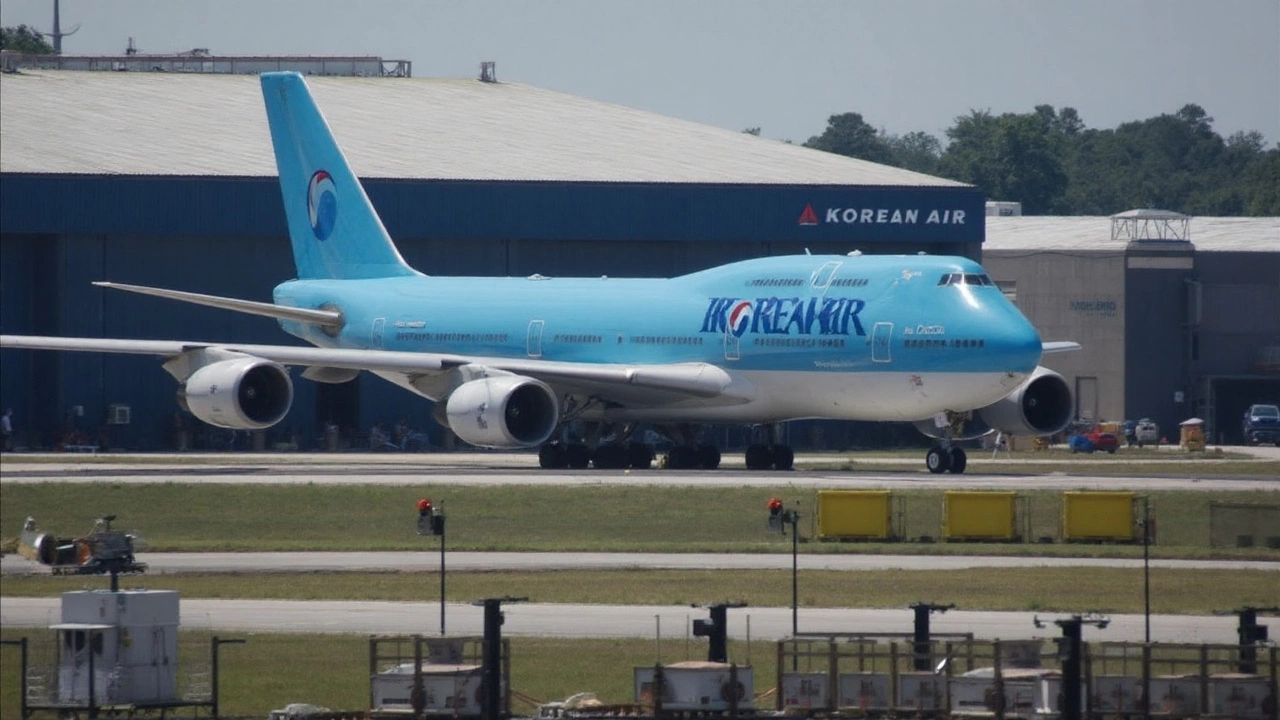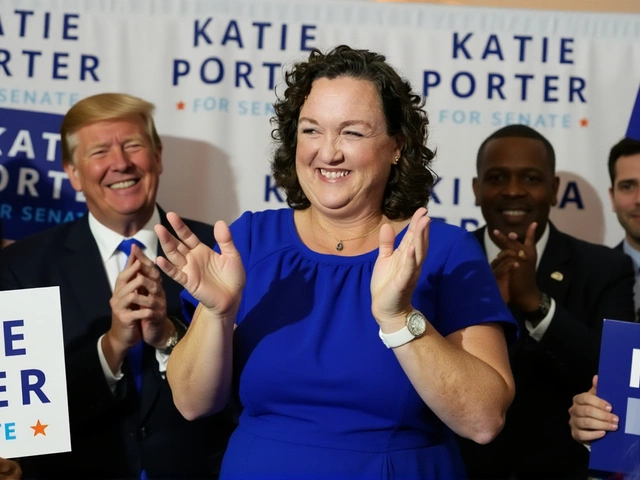A high-stakes ICE raid at a flagship EV project
An immigration sweep at a massive Hyundai–LG battery plant under construction near Savannah, Georgia, has turned a quiet construction site into a flashpoint for U.S.–South Korea relations. Federal agents detained 475 people on September 4 for suspected visa violations. Among them were 316 South Korean workers, alongside 10 Chinese nationals, three Japanese citizens, and one Indonesian worker, according to officials briefed on the operation.
The project—a multibillion-dollar joint venture supplying components for the U.S. electric vehicle buildout—was supposed to be a model for high-speed industrial investment. Instead, the raid laid bare the collision of immigration enforcement, workforce needs, and diplomacy. Within hours, South Korean officials opened urgent talks with U.S. counterparts to secure the release and repatriation of their citizens.
Then came an unexpected twist. President Donald Trump, according to people familiar with the discussions, signaled interest in keeping some of the skilled Korean technicians in the United States, at least temporarily, to help train American crews. Secretary of State Marco Rubio relayed that message to South Korean Foreign Minister Cho Hyun during negotiations, describing the administration’s desire to “encourage” workers to stay if they were eligible and willing.
The overture complicated what had looked like a straightforward repatriation. Departure procedures paused as Seoul weighed the workers’ preferences and the potential path forward. A South Korean foreign ministry official said many detainees were “extremely shocked and exhausted” after the arrests—several were restrained with handcuffs and ankle chains—and should go home first, with the option to return later under proper arrangements.
By Thursday afternoon, 330 of the 475 people initially held were released by Immigration and Customs Enforcement (ICE) in Folkston, Georgia, and boarded a charter flight to Seoul. This time, there were no restraints. U.S. authorities did not immediately clarify the status of those who remained in custody or the precise breakdown by nationality of those released.
Immigration attorney Charles Kuck, who represents some of the workers, sharply criticized the operation. “The vast majority of folks, including the ones I represent, should never have been detained,” he said, arguing that many had clear roles connected to the project and should have been processed differently.
For both governments, the stakes go beyond one worksite. South Korea is a leading investor in U.S. manufacturing, a critical supplier in clean energy and chip supply chains, and a treaty ally in the Indo-Pacific. A delayed battery plant doesn’t just hurt timelines—it sends a message about how the U.S. intends to balance industrial policy with immigration enforcement and the expectations of close partners.

What the case says about visas, industry, and the alliance
Federal officials haven’t detailed which visas were in play. Large industrial projects often rely on a mix of temporary business travel for training and installation, intra-company transfers, and specialty occupation visas for technicians. The lines can get blurry when short-term “on-site” support drifts into hands-on work that U.S. law treats as employment. That’s where companies, contractors, and subcontractors can run into trouble if documentation and job scopes don’t match.
Here’s what we know so far:
- Timeline: The raid occurred September 4 at the under-construction Hyundai–LG battery facility near Savannah. Negotiations started immediately between Seoul and Washington.
- Detentions: 475 people were taken into custody. Officials identified 316 as South Korean nationals; others included Chinese, Japanese, and Indonesian workers.
- Diplomatic wrinkle: President Trump, via Secretary Rubio, floated keeping some technicians in the U.S. to support training, which prompted a pause in departures while South Korea polled preferences.
- Status: 330 detainees were released and left for Seoul on Thursday. Authorities did not disclose next steps for those who remained.
Why it matters to business: Modern EV plants depend on foreign technical teams during build-out. These crews commission equipment, transfer know-how, and train local hires—especially when new battery chemistries and production lines are involved. If companies can’t move specialists in and out cleanly, ramp-up schedules slip, costs rise, and state-level job promises face pressure. Georgia, which has spent big to attract clean-tech manufacturing, is watching closely.
Why it matters to immigration policy: High-profile raids send a signal. U.S. agencies are reinforcing that even strategic projects don’t get a pass on work authorization. At the same time, the administration’s own industrial goals hinge on fast installation, fast training, and a reliable pipeline of technical skills. Threading that needle will require clear rules for short-term technical work, tighter coordination with foreign partners, and better compliance up and down subcontracting chains.
For the workers, the immediate questions are practical. Those released face choices: voluntary departure now with the option to reapply later; or seeking a legal path to return if a company sponsors the right visa. South Korean officials said their first priority was to get people home safely and assess who, if anyone, wants to come back under proper status to help with training and commissioning.
Legally, much turns on paperwork: job descriptions, employer-of-record arrangements, and whether tasks matched what a given visa allowed. Audits at large worksites often uncover inconsistencies across subcontractors. If that happened here, companies could see fines, compliance agreements, or longer-term monitoring, even if many individuals are ultimately cleared.
Diplomatically, both sides have reasons to de-escalate. Washington wants EV and battery capacity online quickly. Seoul wants predictability for its firms and protections for its nationals. Neither wants an immigration dispute to bleed into security cooperation or broader trade discussions. The alliance has weathered worse, but the timing—right as the U.S. pushes for domestic clean-energy manufacturing—makes this case especially sensitive.
Local fallout is already top of mind. County officials and workforce boards near Savannah have been recruiting and training residents for the plant. A pause in technical support could delay certain installations or certification steps, though neither Hyundai nor LG publicly laid out a revised schedule in the immediate aftermath of the raid. For now, contractors are regrouping, compliance teams are combing through records, and everyone is waiting to see how many specialized technicians, if any, can return.
There’s also the human side. Accounts from detainees described shock and fatigue after the arrests, with several saying they were restrained as they were moved. Consular teams stepped in to coordinate welfare checks and calls to families. By Thursday, those released had access to their phones and personal items and were processed for departure.
What comes next could set a template for similar sites across the country. Expect three tracks to unfold:
- Case reviews: ICE and legal teams will sort individual files, with some cases closed quickly and others routed to formal proceedings.
- Company compliance: Prime contractors will tighten documentation, retrain subs on visa boundaries, and seek pre-clearance for short-term technical assignments.
- Policy signals: Washington and Seoul may establish a faster lane for vetted technical teams, with clearer task lists and time limits that satisfy both immigration rules and project timelines.
For now, one chapter is closed: a chartered flight has taken hundreds home. The tougher chapter begins: rebuilding a predictable process for moving essential technical talent without tripping over immigration lines—and doing it fast enough to keep a marquee EV project on schedule while keeping a cornerstone alliance steady.




